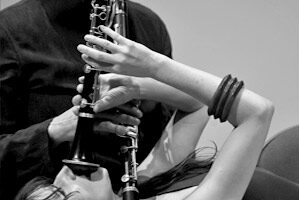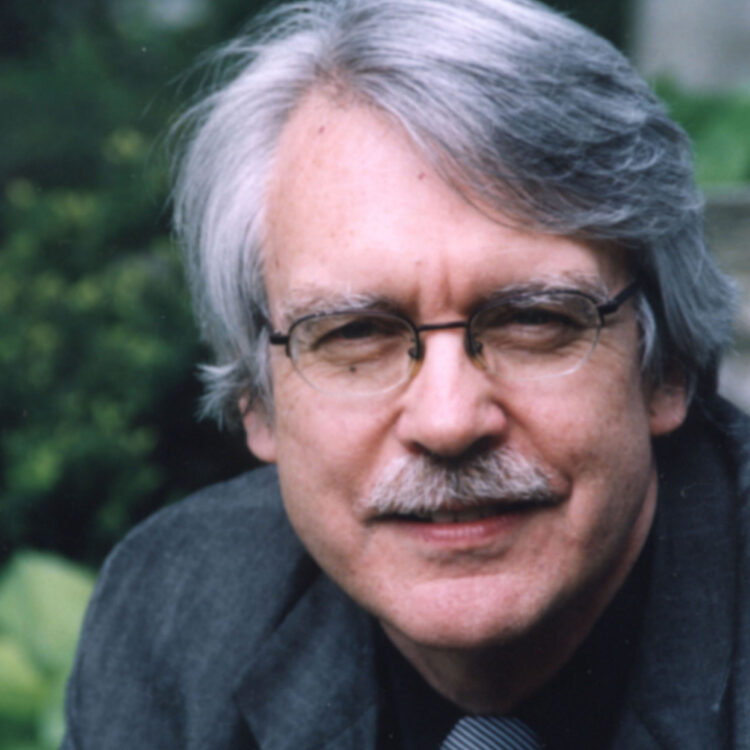Composer John Harbison’s concert music catalog of almost 300 works is anchored by three operas, seven symphonies, twelve concerti, a ballet, six string quartets, numerous song cycles and chamber works, and a large body of sacred music that includes cantatas, motets, and the orchestral-choral works Four Psalms, Requiem, and Abraham. He has also penned a substantial body of jazz compositions and arrangements, and cadenzas for major violin and piano concertos. Harbison has received commissions from most of America’s premiere musical institutions, including the Metropolitan Opera, Chicago Symphony, Boston Symphony, New York Philharmonic, and the Chamber Music Society of Lincoln Center. As one of America’s most distinguished artistic figures, he is recipient of numerous awards and honors, among them a MacArthur Fellowship and a Pulitzer Prize.
Harbison’s 80th birthday season, 2018-2019, was marked with celebrations throughout the country and around the world, including major city-wide celebrations in his two home-towns of Boston, Massachusetts and Madison, Wisconsin. The season included first performances of three major works: the monodrama If, the organ symphony What Do We Make of Bach? and the Sonata for Viola and Piano. Summer festival residencies included Songfest, Tanglewood, Aspen and Santa Fe. Harbison’s published his first book, What Do We Make of Bach: Portraits, Essays, Notes (ARS Nova) in late 2018. Widely recorded on leading labels, recent CD releases include Concertos for String Instruments (BMOP), Remembering Gatsby (National Orchestral Institute Philharmonic, Naxos), Violin Sonata No. 1 (Cho-Liang Lin, Naxos), Late Air (Kendra Colton, Oberlin), Simple Daylight & Piano Sonata No. 2 (Lucy Fitz Gibbon and Ryan McCullough, Albany), String Quartet No. 6 (Lark Quartet, Bridge), Requiem (Nashville Symphony, Naxos), Vocalism (Mary Mackenzie, Albany), and his cadenzas to Beethoven’s fourth piano concerto (David Deveau, Steinway).
Harbison has been composer-in-residence with the Pittsburgh Symphony, Los Angeles Philharmonic, American Academy in Rome, and numerous festivals. He received degrees from Harvard and Princeton before joining the Massachusetts Institute of Technology, where he is currently Institute Professor, the highest honor accorded resident faculty. For many summers since 1984 he taught composition at Tanglewood, serving as head of its composition program from 2005 to 2015, often directing its Festival of Contemporary Music. With Rose Mary Harbison, the inspiration for many of his violin works (Violin Concerto, Four Songs of Solitude, Crane Sightings, Violin Sonata No. 2), he has been co-Artistic Director of the annual Token Creek Chamber Music Festival since its founding in 1989. He continues as principal guest conductor at Emmanuel Music (where for three years he served as Acting Artistic Director), and he is a past music director of Cantata Singers. An accomplished jazz pianist, Harbison founded MITs Vocal Jazz Ensemble in 2010, for which he served as coach and arranger, and he is pianist with the faculty jazz group Strength in Numbers (SIN).



